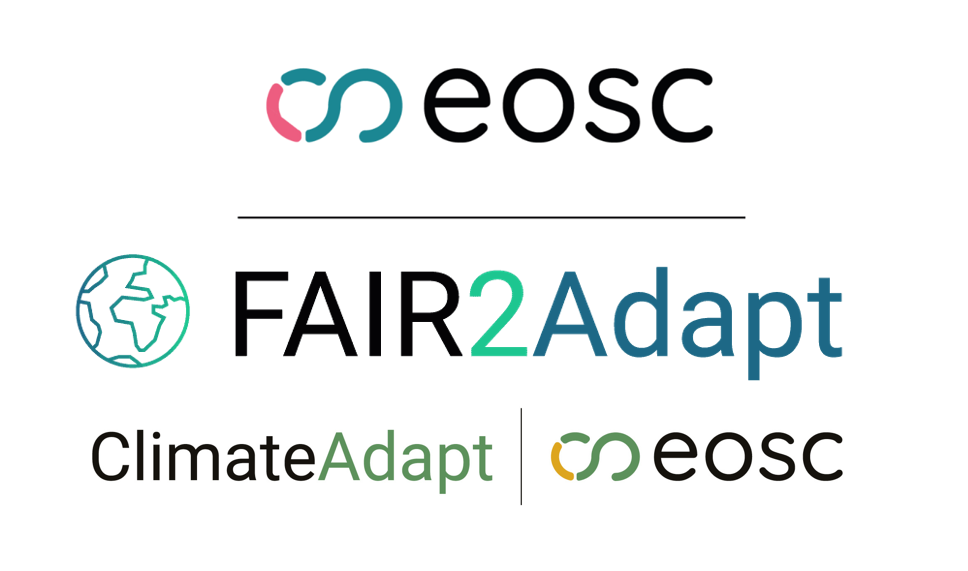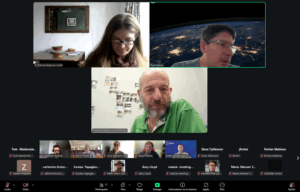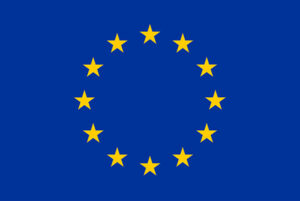
Key takeaways from Climate-Adapt4EOSC and FAIR2Adapt : Harnessing RO-Crate for FAIR Climate Data !

The Climate-Adapt4EOSC project, together with our sister initiative FAIR2Adapt, is advancing the FAIRification of climate data within the European Open Science Cloud (EOSC) ecosystem. Last week, during a joint meeting, both projects explored practical strategies to ensure that climate data—and the workflows, models, and tools that accompany it—are more Findable, Accessible, Interoperable, and Reusable (FAIR). A central focus of the discussion was the use of RO-Crate, a community-driven metadata packaging format that is gaining traction across scientific domains.
Why RO-Crate?
Climate research depends on complex datasets, models, and computational pipelines. Ensuring that these digital objects are transparent, citable, and reusable across disciplines is key to building trust and enabling collaboration. RO-Crate provides a lightweight, JSON-LD–based framework to describe research objects and all their contextual information—data, software, workflows, and provenance. This makes it possible to package climate-related datasets alongside the metadata needed for proper reuse, supporting both machine-actionable and human-readable interoperability.

Opportunities for Climate Data FAIRification
By adopting RO-Crate, Climate-Adapt4EOSC and FAIR2Adapt can:
- Capture context: Not just the datasets, but also the models, workflows, and provenance needed to interpret results.
- Support reproducibility: Researchers can re-run analyses with a clear understanding of the inputs, outputs, and computational environment.
- Enable cross-project reuse: FAIR climate data resources can seamlessly integrate into the broader EOSC ecosystem, supporting interdisciplinary science and decision-making.
- Lower adoption barriers: RO-Crate’s simplicity allows both domain researchers and technical experts to collaborate effectively on metadata creation.
Towards a Shared EOSC Ecosystem
The meeting underscored the value of collaboration between projects working on similar challenges. By aligning on standards like RO-Crate, Climate-Adapt4EOSC and FAIR2Adapt aim to avoid duplication of effort and ensure that climate data resources within EOSC follow consistent, community-agreed best practices. Ultimately, these efforts will strengthen the EOSC ecosystem by making climate data more FAIR, more interoperable across domains, and more useful for research, innovation, and policy-making in the face of climate change.
To stay informed about future updates, subscribe to the YouTube channel. You can also follow project updates via our LinkedIn.

